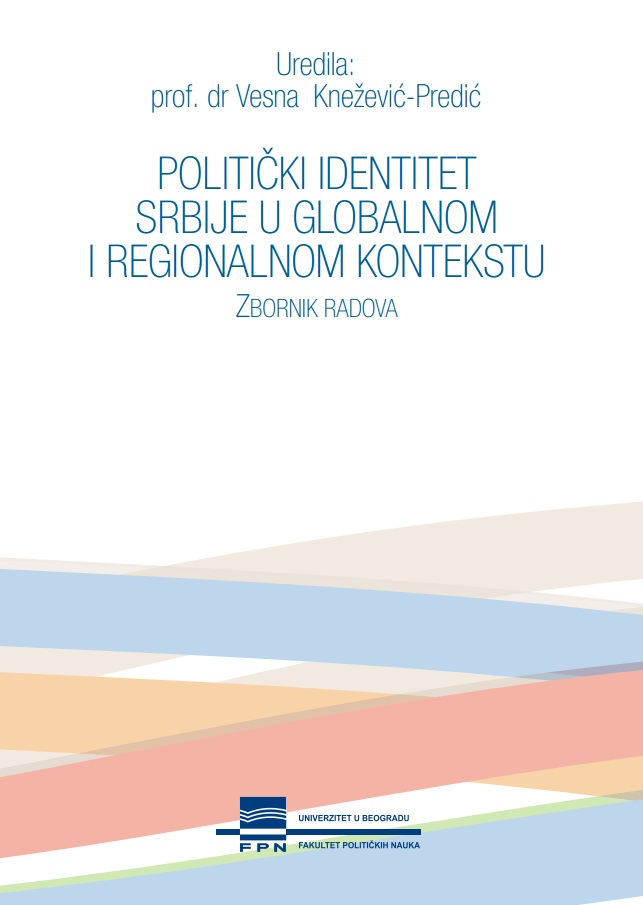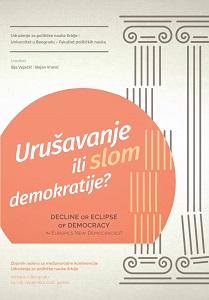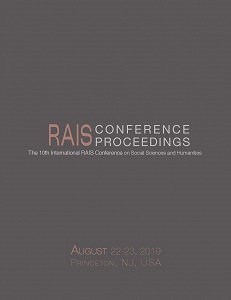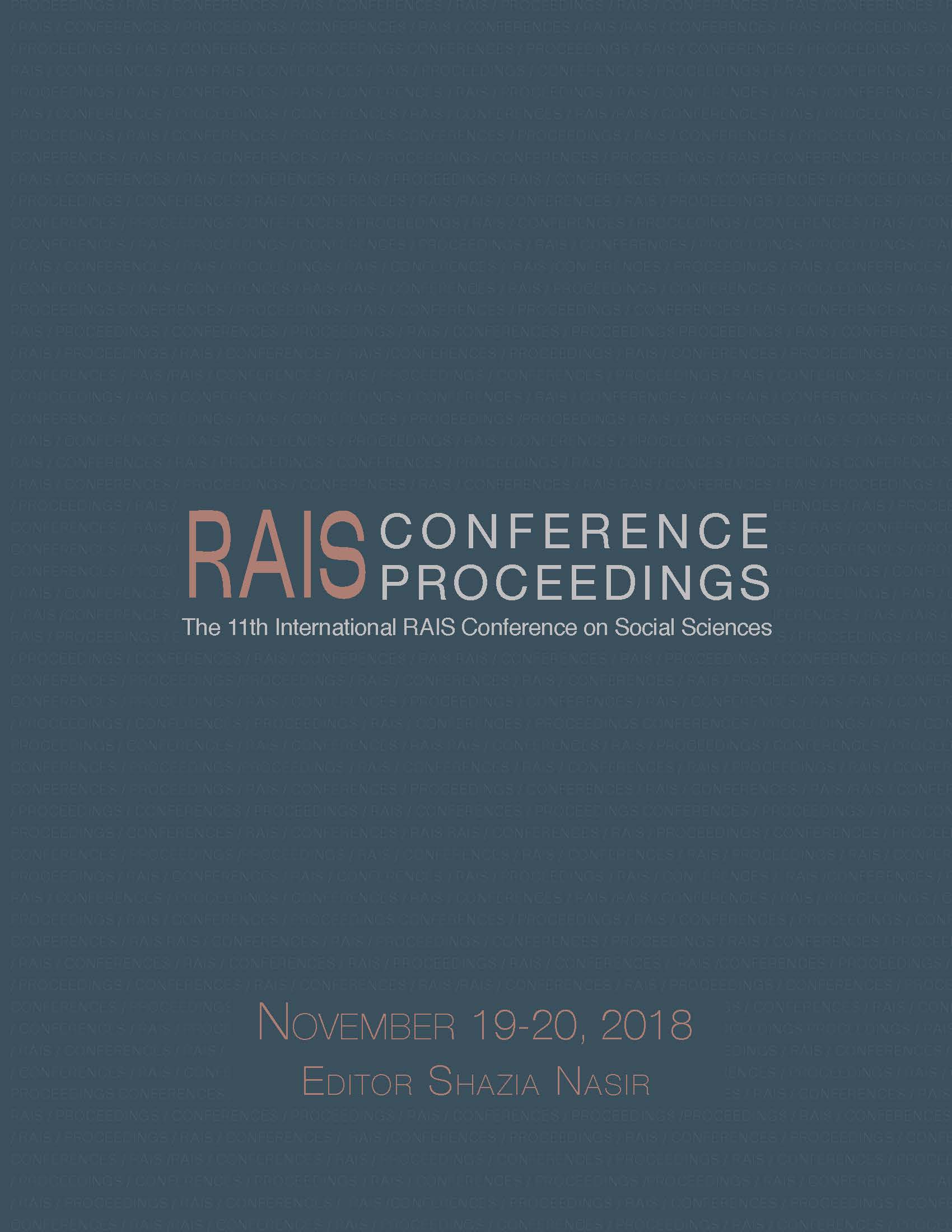
We kindly inform you that, as long as the subject affiliation of our 300.000+ articles is in progress, you might get unsufficient or no results on your third level or second level search. In this case, please broaden your search criteria.
















Numerous problems in the traditional media and the difficult financial situation in which journalists are, increasingly force media professionals to seek new business models to survive in the media sphere. Traditional financing strategies of professional journalism based on the classic advertising is shaken from the roots by the expansion of the Internet and the Social media, therefore, the need to explore new revenue opportunities in the media is more often mentioned in discussions about the future of journalism. Thus, the concept of „entrepreneurial journalism“ often appears in recent years, which basically indicates the need for journalists to act as entrepreneurs, and to run their own media projects on the Web independently or in association with other media professionals. This is particularly important in the case of young journalists, because their careers will more depend on the ability to develop and launch a small, but profitable web projects. Therefore, many universities in the United States have already included courses in entrepreneurial journalism in their study programs, and the number of universities in Western Europe that follow their footsteps is slowly increasing. In Serbia, as in the whole region, this concept is still relatively unknown, so the aim of this study is to emphasize the basic elements of this concept, new journalistic competencies that it entails, but also the perspectives its development in our country.
More...
Professional ethics and self-regulation are among the weakest links of the media democratization in the post-communist countries. Although the codes of ethics have been adopted in all of the post-communist countries, including Serbia, they have no value unless journalists respect them, and broader professional and social climate do not support ethical conduct. The aim of this paper is to examine the ethical norms of the Serbian Journalists’ Code in the headlines of the national print media as an indicator of the achieved level of the media democratization. Headlines are the first and often the only contact of the reader with the text. Furthermore, headlines can be considered as the most important part of the text because they provide a summary of the central idea of the text, attract the attention of readers and set the frame for interpreting the text. At the same time, headlines are responsibility of the entire editorial team. Therefore headlines make a solid basis for evaluating the ethical behavior of a professional group. Qualitative content analysis of the headlines of four daily newspapers in Serbia during two weeks in September 2015 shows that: some headlines convey different information than the stories they lead, some are ambiguous, discriminatory, disturbing and colloquial, or contain hate speech, slander, libel and hidden propaganda.
More...
The 2015 Elections in Nigeria is one of the most significant events in Nigerian history; at least in the recent past. Nigerians were highly disposed to the electioneering process by their active participation especially through the platforms provided by the social media. Hence, various social media outlets formulated dependable avenues for the sharing of news items connected with the elections. Among the numerous blogs that excelled in journaling the election is Linda Ikeji’s blog; a popular blog site in Nigeria. This exposition focuses on the contributions of Linda Ikeji’s blog in the dissemination the news of the elections results. The study adopts a content analysis approach to analyze the readership of the blog within election period. The subsequent feedback from the content research aids the researcher to gauge the contributions of Linda Ikeji blog in political news journaling during the 2015 General Elections in Nigeria.
More...
This paper examines the discourse on social change in women-related posts on Saudi English-language blogs. These posts negotiate many reforming measures proposed by the Saudi government to facilitate more women’s empowerment. An eclectic approach to intertextuality is adopted to explore the virtual community and the connections created on such platforms. The methodology adopted is based on Koller’s (2012) work on analyzing collective identities and draws primarily on Reisigl & Wodak’s (2009, 90) view of Intertextuality. It also examines more direct and explicit instances of the recontextualization of other texts or discourses through hyperlinked clauses on such blogs. The findings of the analysis reveal that the community at hand is quite closed, exhibiting an example of what has been identified in psychology as confirmation bias (Nickerson 1998, 175), which jeopardizes the potential of blogging for promoting change. A supporter/opponent struggle is vigorously expressed in these posts, to the point that it overlooks the bigger picture, i.e. women’s empowerment. Women who are expected to be at the centre of these topics are sidelined by such struggles.
More...
This study’s relevance lies in its goal of ascertaining the degree to which people rely on unprofessionally processed information in (1) making vital decisions or (2) acting on unsubstantiated information served via social media. In addition, it measures the audiences’ ability to differentiate information emanating from professional, versus social media. Professional media, in this case, refers to the traditional broadcast and print media who have been in the business of professionally processing and authenticating news and information for their respective audiences. While social media, on the other hand, represent the various platforms provided primarily for social exchange of information. Relevant to this study is the social media’s ability to reach multitudes of people with unprocessed and uncertified information that can go viral, reaching millions of people. The theoretical framework is Uses and Gratification Theory, UGT, and the methodology is random survey.
More...